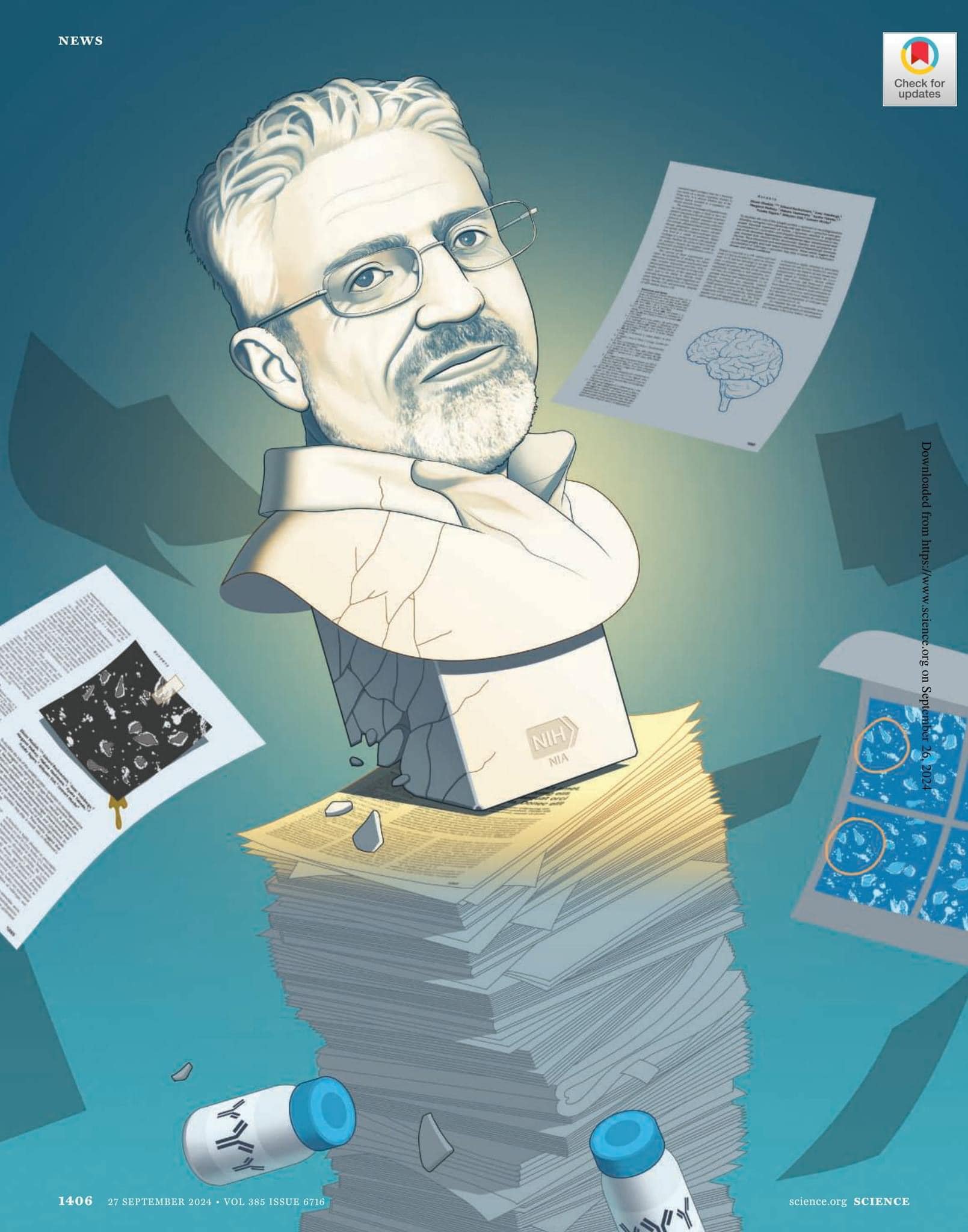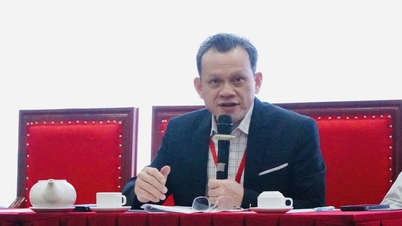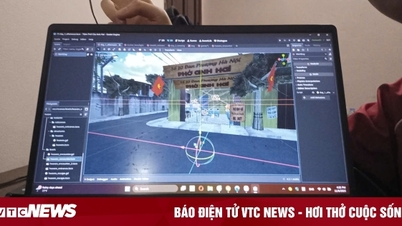
Science magazine has just published the results of its investigation into Eliezer Masliah's scientific fraud - Photo: SCIENCE
Science magazine has just published the results of an investigation into scientific fraud by Eliezer Masliah, professor emeritus at the University of California at San Diego (UCSD) and director of the neurology division of the US National Institute on Aging (NIA).
132 articles contain many unusual data and signs of fraud
Eliezer Masliah published about 800 scientific papers (but ScholarGPS lists him as having closer to 1,100).
His papers focus on the mechanisms of Alzheimer's and Parkinson's disease, many of which appear in Nature, Science and other prestigious journals, with thousands of citations each.
By number of papers and citations, Masliah is a world- leading scientist in many research fields.
However, Science 's investigation found that at least 132 of Masliah's papers published over a period of nearly 30 years, from 1997 to 2023, contained many unusual data and signs of fraud.
Author Masliah violated scientific integrity by reusing old images in several scientific papers and 'editing' or falsifying hundreds of other experimental images in 132 scientific papers. Thus, the above scientific papers have results that may be false or questionable.
Many Parkinson's drug clinical trials based on questionable papers
The US National Institutes of Health (NIH), the parent organization of NIA, also recently announced its conclusion on Masliah's data falsification and/or fabrication.
According to the NIH's conclusion, Masliah committed fraud (misconduct) and violated scientific ethics.
Hundreds of research projects and clinical trials of Alzheimer's and Parkinson's drugs on tens of thousands of patients at a cost of billions of dollars have been and are being conducted based on Masliah's unusual data articles.
Some of his research served as the basis for the drug Prasinezumab for the treatment of Parkinson's disease.
However, when Prasinezumab was tested in phase II, the drug was completely ineffective. Another trial produced inconclusive results.
Following the investigation, Masliah is no longer director of the NIA's neurology division, the NIH said.
Commenting on the above scientific fraud, Professor Nguyen Van Tuan (University of New South Wales, Australia), said that it is very possible that Professor Eliezer Masliah did wrong because of the pressure to maintain the top position. But the problem is that the harm of this incident will cause many people to lose faith in science.
And how much money has been wasted chasing the wrong results.
"The incident shows that many clinical trials (like Prasinezumab) are like building castles on sand. The scientific basis for those trials is too weak. And when such sham trials are conducted, they will harm patients.
"If a doctor makes a mistake, it can harm a few people. But if a scientist makes a mistake, it can harm millions of people," Professor Tuan emphasized.
Source: https://tuoitre.vn/vu-gian-lan-khoa-hoc-dang-gay-rung-dong-gioi-y-khoa-toan-cau-20241002085852947.htm


![[Photo] Closing of the 14th Conference of the 13th Party Central Committee](https://vphoto.vietnam.vn/thumb/1200x675/vietnam/resource/IMAGE/2025/11/06/1762404919012_a1-bnd-5975-5183-jpg.webp)
![[Photo] Prime Minister Pham Minh Chinh receives the delegation of the Semiconductor Manufacturing International (SEMI)](https://vphoto.vietnam.vn/thumb/1200x675/vietnam/resource/IMAGE/2025/11/06/1762434628831_dsc-0219-jpg.webp)












































































































Comment (0)